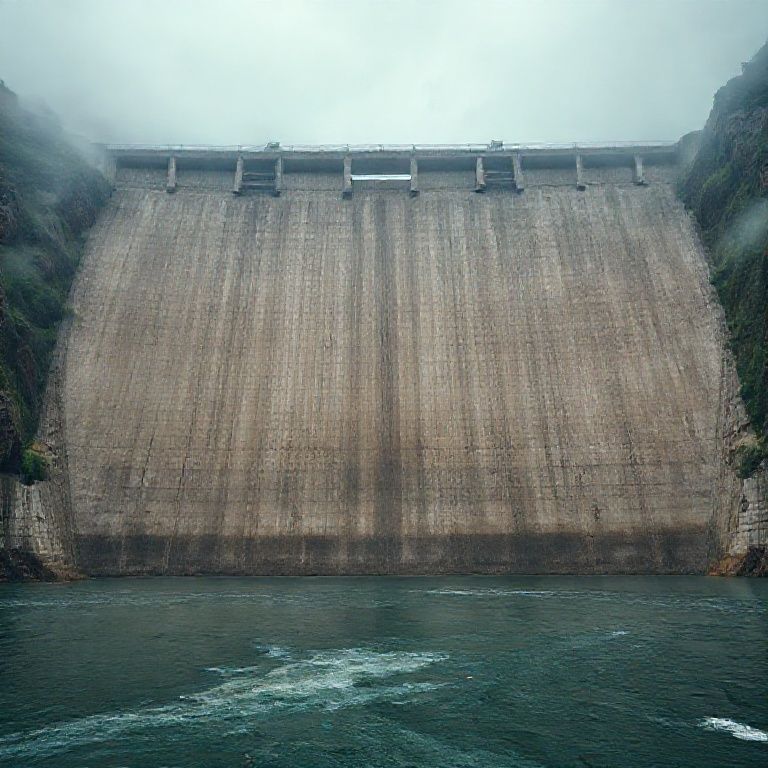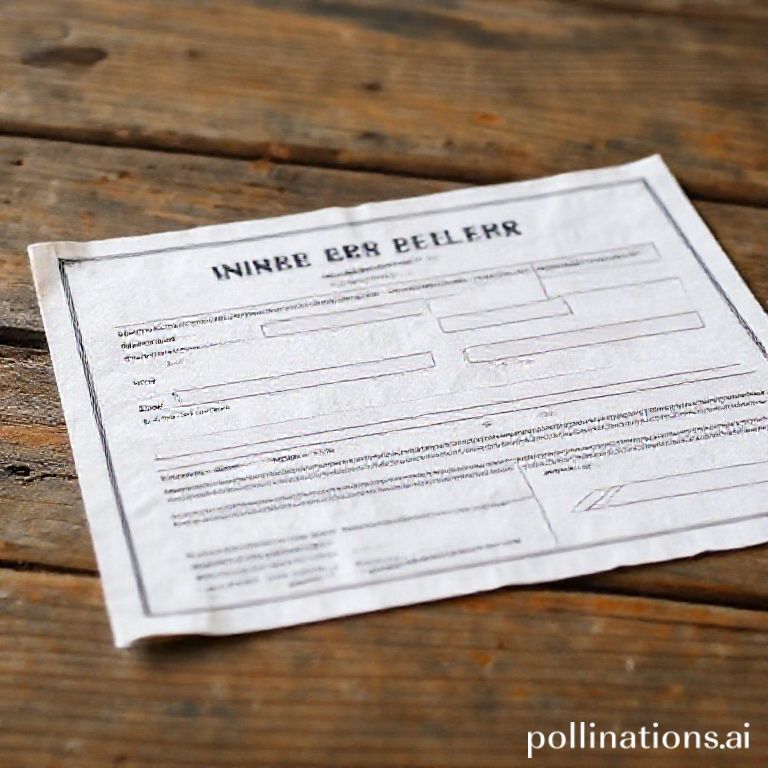
Mekedatu Dam Dispute Explained: A Deep Dive for UPSC Aspirants
AI News Desk
UPSC Research Desk
Introduction: What is the Mekedatu Project?
The Mekedatu dam dispute is a critical topic for UPSC aspirants, touching upon federalism, inter-state relations, water governance, and environmental issues. The project, proposed by the Karnataka government, involves building a multi-purpose balancing reservoir near Kanakapura in Ramanagara district. The name 'Mekedatu' translates to 'goat's leap' in Kannada, referring to a deep gorge through which the Cauvery river flows.
The primary stated objectives of the Mekedatu Balancing Reservoir and Drinking Water Project are:
- To provide drinking water to the burgeoning city of Bengaluru and its neighbouring areas.
- To generate approximately 400 MW of hydroelectric power.
While Karnataka views it as a vital project for its water security, the lower riparian state of Tamil Nadu has vehemently opposed it, leading to a significant inter-state conflict.
The Core of the Conflict: Karnataka vs. Tamil Nadu
Understanding the arguments of both states is crucial to analyzing this dispute. The conflict is rooted in the interpretation of water rights, judicial awards, and the future availability of water in the Cauvery basin.
Karnataka's Stance
- Utilizing Surplus Water: Karnataka argues that the project aims to store and utilize surplus water that flows into the sea during good monsoon years, without affecting the mandated monthly water release to Tamil Nadu.
- Drinking Water is a Priority: The state emphasizes that the Supreme Court has recognized drinking water as the highest priority and the project is essential to meet the needs of its capital city.
- No Violation of Orders: Karnataka maintains that the project does not violate the final award of the Cauvery Water Disputes Tribunal (CWDT) or the Supreme Court's 2018 judgment, as it is being built within its territory and will not impede the stipulated water flow to Tamil Nadu.
- Power Generation: The hydroelectric component is presented as a beneficial byproduct that contributes to the state's energy needs.
Tamil Nadu's Opposition
- Violation of Judicial Verdicts: Tamil Nadu contends that the Mekedatu project is a 'new' dam for which Karnataka has not sought prior consent from the lower riparian state, which is a violation of the CWDT and Supreme Court orders. The verdicts have already allocated the entire shareable water in the basin, leaving no surplus.
- Restricting Natural Flow: The primary fear is that the dam will give Karnataka excessive control over the river's flow. It would allow Karnataka to impound water and disrupt the natural flow, severely impacting agriculture in Tamil Nadu's Cauvery delta region, which is heavily dependent on this water.
- Unauthorized Project: Tamil Nadu argues that as per the Inter-State River Water Disputes Act, a state cannot build a dam on an inter-state river without the consent of the other basin states.
- Redundancy: They argue that existing dams in Karnataka's Cauvery basin are sufficient to store water and that this project is an attempt to alter the water-sharing arrangement under the guise of a drinking water project.
Key Dimensions for UPSC Analysis
For the Civil Services Exam, it's important to analyze the issue from multiple perspectives:
1. Legal and Constitutional Framework (GS Paper 2)
The dispute revolves around the interpretation of the Inter-State River Water Disputes Act, 1956. The role of the Cauvery Water Management Authority (CWMA) and the Cauvery Water Regulation Committee (CWRC) is paramount. These bodies were established by the Centre on the Supreme Court's direction to implement the water-sharing formula. Any new project on the river requires technical clearance and approval from the CWMA, where both states are represented.
2. Environmental Concerns (GS Paper 3)
The project poses significant environmental threats. It is expected to submerge a large portion of the Cauvery Wildlife Sanctuary, a critical habitat for several endangered species, including the Grizzled Giant Squirrel, elephants, and tigers. The project requires mandatory clearance from the Ministry of Environment, Forest and Climate Change (MoEFCC) and the National Board for Wildlife, which has become a major point of contention.
3. Federalism and Inter-State Relations (GS Paper 2)
The Mekedatu dispute is a classic example of the strains in India's federal structure over shared natural resources. Water is a State List subject, but the Union government has the power to regulate inter-state rivers. Such disputes often become politicized, hindering objective, technical solutions and testing the principles of cooperative federalism.
The Way Forward
Resolving the Mekedatu dispute requires a multi-pronged approach that moves beyond political rhetoric and focuses on sustainable and equitable solutions.
- Role of the CWMA: The Cauvery Water Management Authority must act as a neutral, scientific body. It should conduct a comprehensive and transparent assessment of the project's feasibility, its impact on water flows to Tamil Nadu, and its environmental consequences.
- Dialogue and Negotiation: Political leadership from both states, along with the Centre's mediation, must engage in constructive dialogue to build trust and arrive at a mutually acceptable solution.
- Integrated Basin Management: Instead of a state-centric approach, a holistic Cauvery basin management plan is needed. This would involve promoting water conservation, efficient irrigation techniques (e.g., micro-irrigation), wastewater recycling, and rainwater harvesting in both states.
- Upholding Judicial Mandates: The spirit of the Supreme Court's judgment, which aimed to ensure equity and justice for all stakeholders, must be upheld. Any solution must balance Karnataka's need for drinking water with Tamil Nadu's established rights for agriculture.
Ultimately, the Mekedatu issue underscores the larger challenge of water scarcity in a changing climate. A scientific, cooperative, and sustainable approach is the only way to ensure water security for all citizens in the Cauvery basin.
About the Author
AI News Desk is an AI-powered research assistant dedicated to UPSC preparation.


